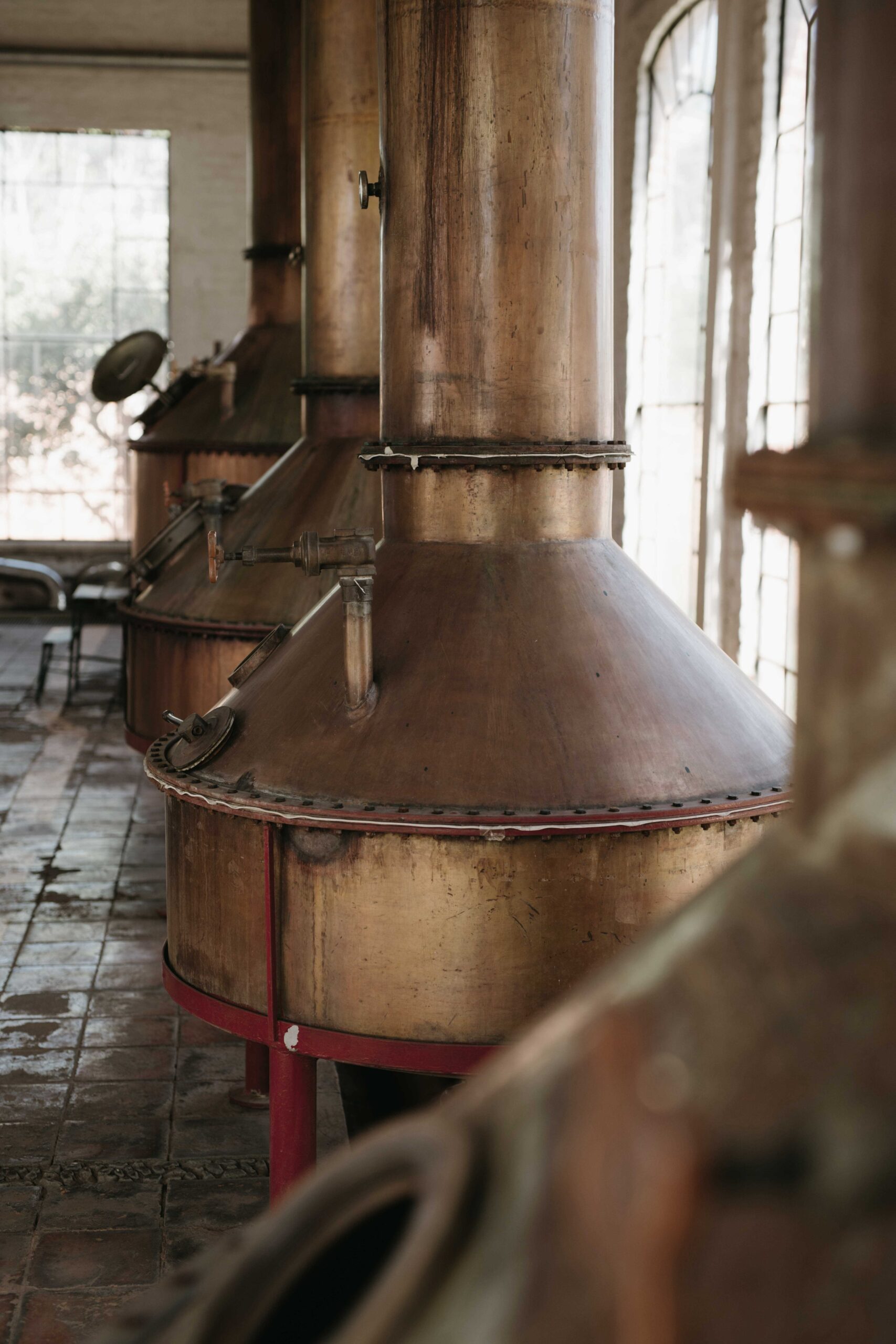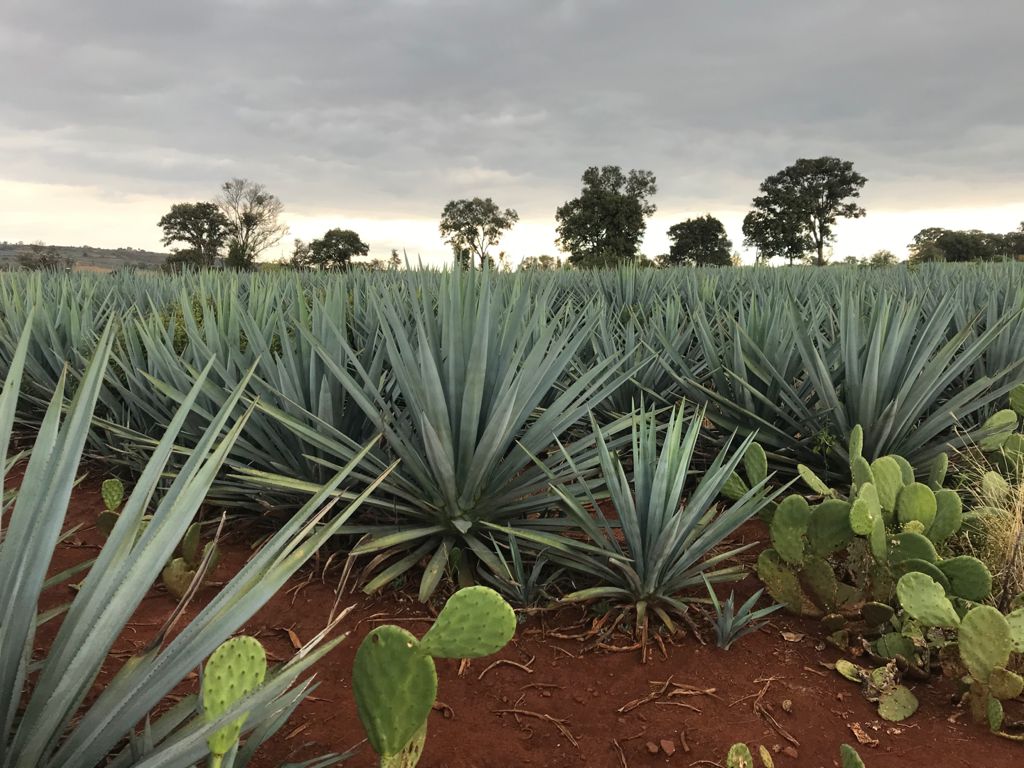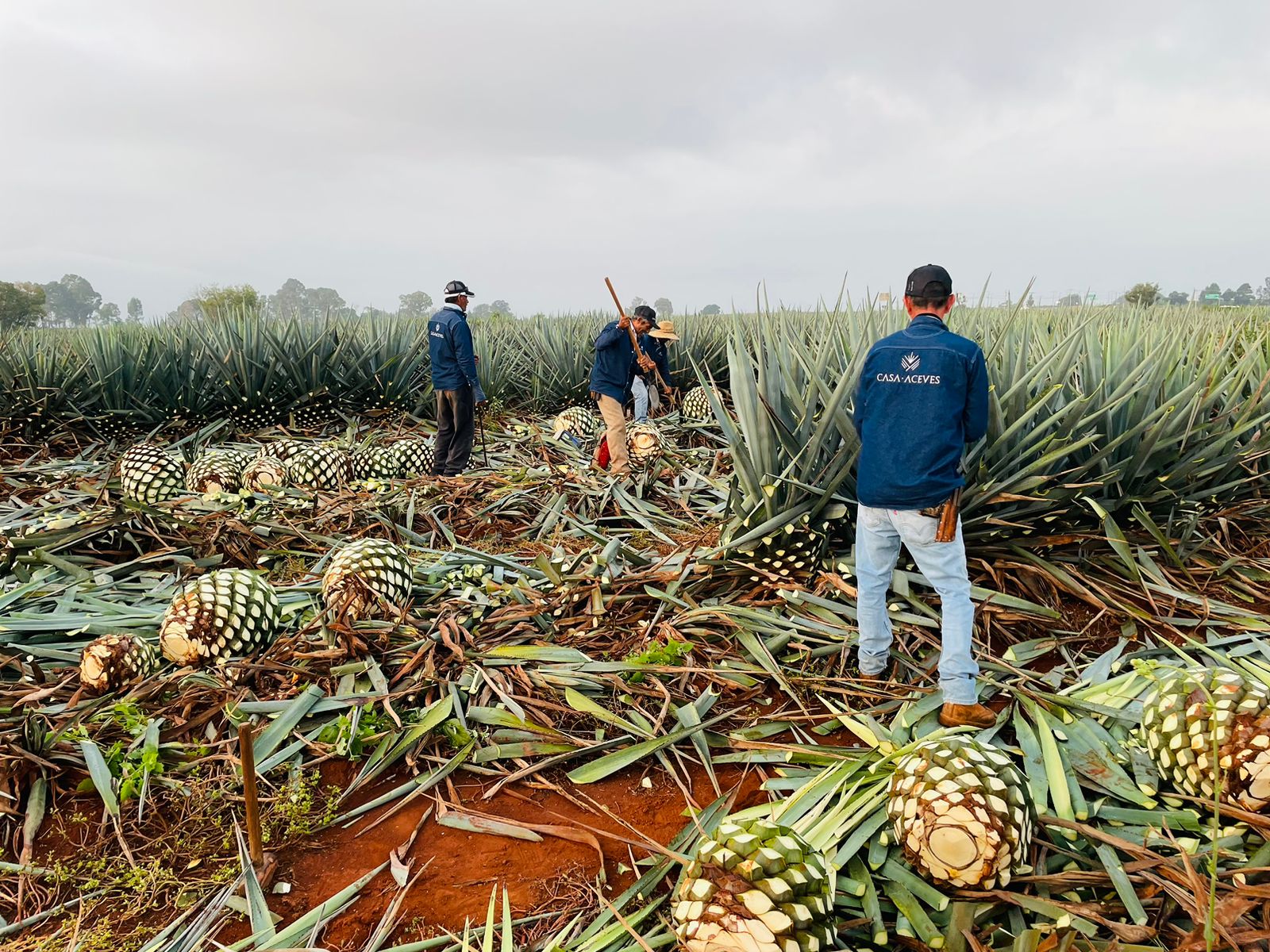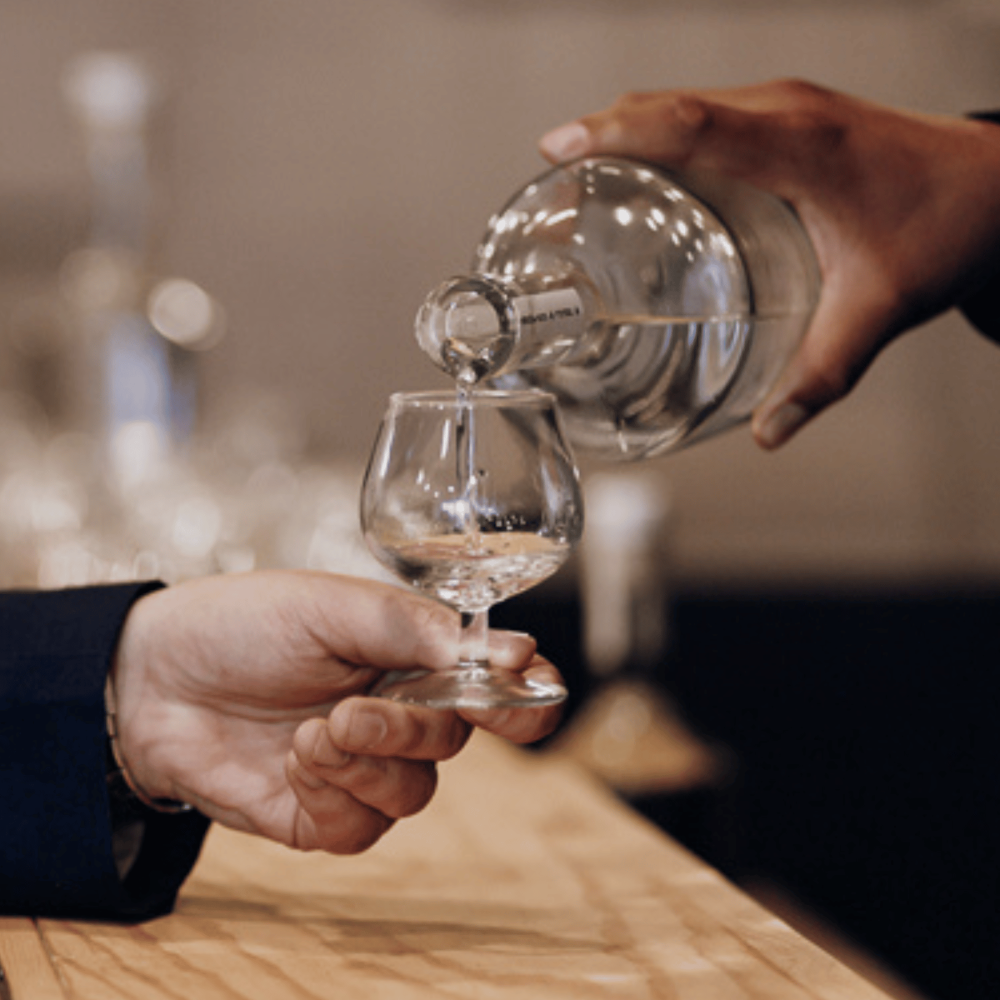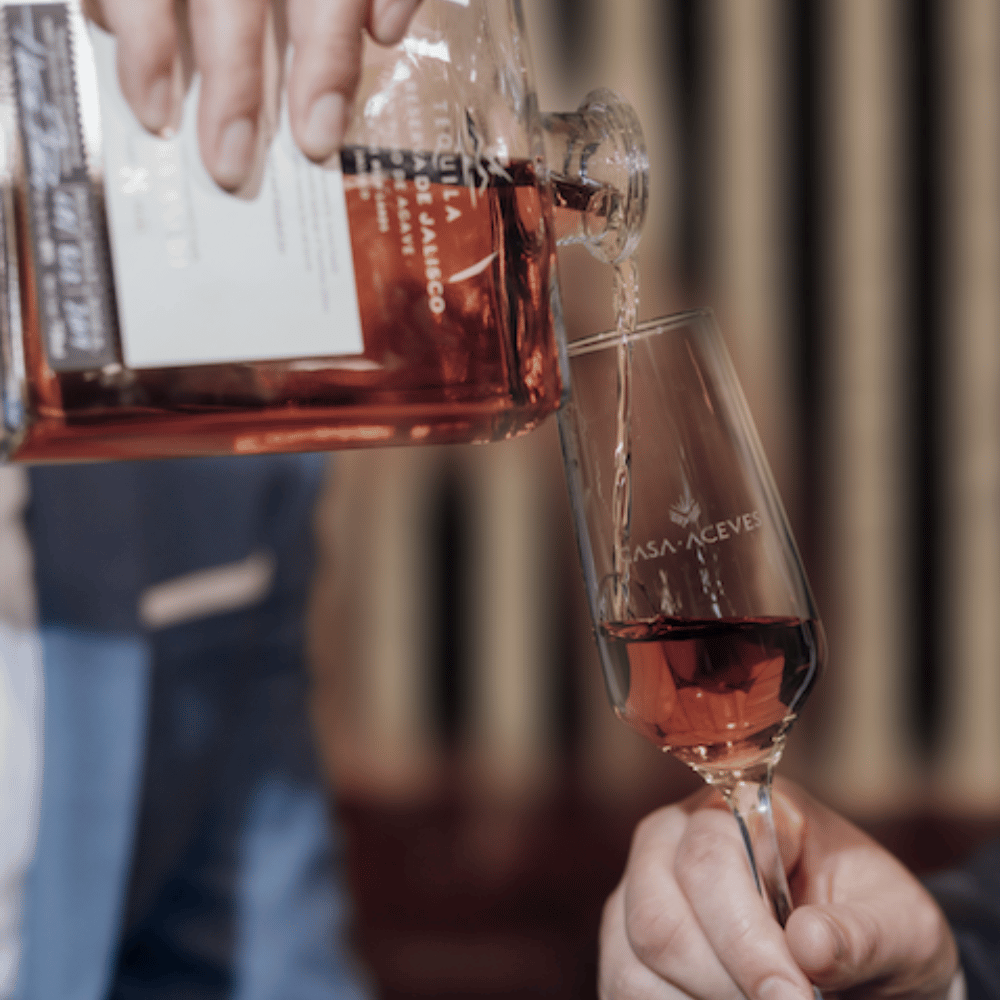Fermentation: Converting Sugars Into Alcohol
Making spirits involves a fascinating process called fermentation, which converts the sugars in pressed agave juice into alcohol. But did you know that a producer has many choices when it comes to elements that contribute flavor during the fermentation process? The main three are: yeast strain, fermentation conditions, and whether or not to include Bagaso.
Yeast
First up, let’s talk yeast strain. Yeast are microorganisms that convert sugar to alcohol, occurring naturally or propagated commercially. Some beverages derive their flavor from their main sugar source (like tequila from agave or brandy from grapes), while others take most of their flavor from the fermentation process (like rum and whiskey). In all types of spirits, though, the kind of yeast used to convert sugars to alcohol is what differentiates them.
Fermentation
Next, fermentation conditions play a critical role. Yeast operate and optimize at specific temperatures, and just small temperature changes can yield very different flavors. Yeast also compete with other bacteria and microorganisms for sugar in the agave juice, so producers may choose to alter the acidity of their fermentation to optimize and select desired yeasts.
The Fibers A.K.A. “Bagaso”
Finally, including or removing bagaso, or fibers, can make a big difference. For instance, tahona-milled agave is fermented with some of the bagaso, which contains a lot of fermentable sugars. The bagaso floats to the top and forms a cap on top of the juice, limiting evaporation and creating an anaerobic environment that results in a unique set of flavors. Roller-milled agave, on the other hand, is generally fermented without bagaso, as the more efficient milling process extracts more sugars from the fibers. These fermentations are exposed to the air (aerobic) and tend to result in a different set of flavors.
Fascinating, right? Whether you’re a spirits enthusiast or just curious about how your favorite tipple is made, understanding the role of fermentation can help you appreciate the complexity and beauty of the process.
Distillation: Alcohol Concentration Process
Ah, tequila – the finest spirit in all the land. You may know that the distillation process concentrates the alcohol in the fermented liquid, but did you know there are two primary ways to distill tequila? Let me tell you all about it.
Pot Still Distillation
First, there’s batch distillation in a pot still. This method involves double distillation; the fermented mosto is converted into ordinario, and then further distilled into tequila. Easy peasy, right?
Column Still Distillation
If you’re looking for speed, though, continuous distillation in a column still is the way to go. This style of still can distill continuously and quickly, without having to stop in between batches to clean up. It’s like a tequila-making machine!
But here’s the kicker – sometimes it’s not all about speed and automation. In 2002, when we saw a growing demand for 100% agave tequila, we could have taken the easy route and automated our distillation techniques. But we knew that to maintain the quality of our product, we needed to stick to the methods that had served us so well. So we grew by replicating our original production chain, and today we have 10 replicas to keep up with demand.
So there you have it – a little bit more about how tequila is made. Who knew distillation could be so interesting?
During this stage, tequila is transformed into a spirited drink. It’s magical how evaporation occurs due to the technology introduced to our land by Spanish conquerors who shared the technique that evolved their wines. It’s an incredible process not known in ancient times and now it’s a crucial part of our industry. It’s amazing how far we’ve come!
👇🏻 Follow Us On Instagram to learn more about the amazing world of tequila, from an insider’s perspective. 🥂✨
